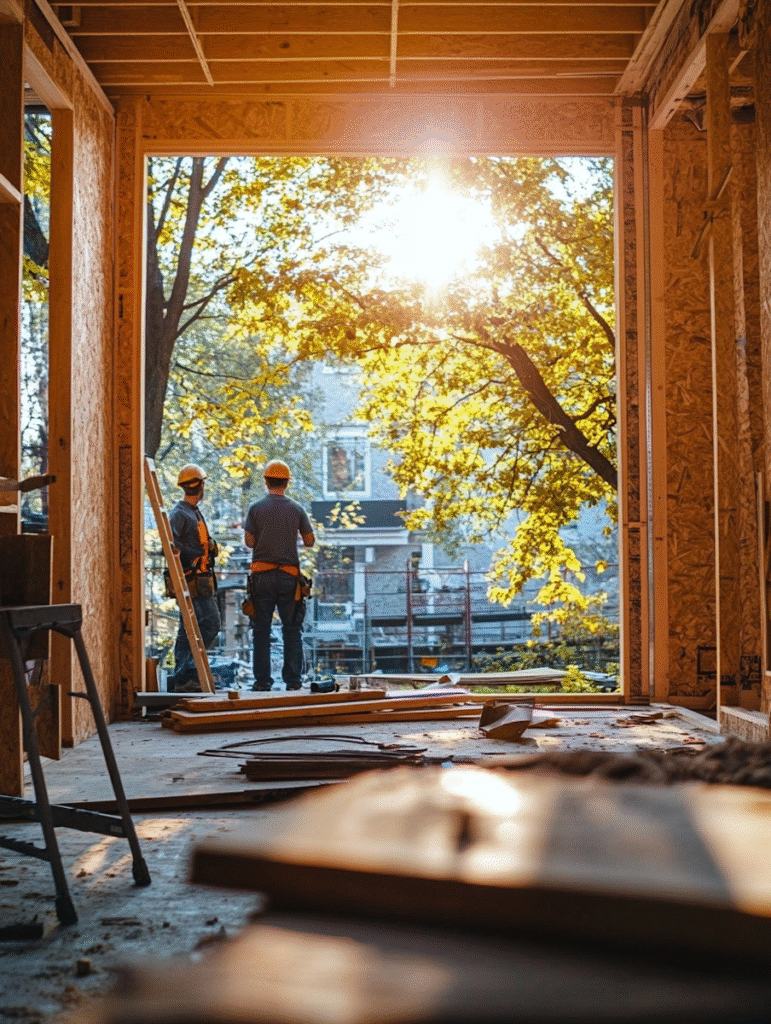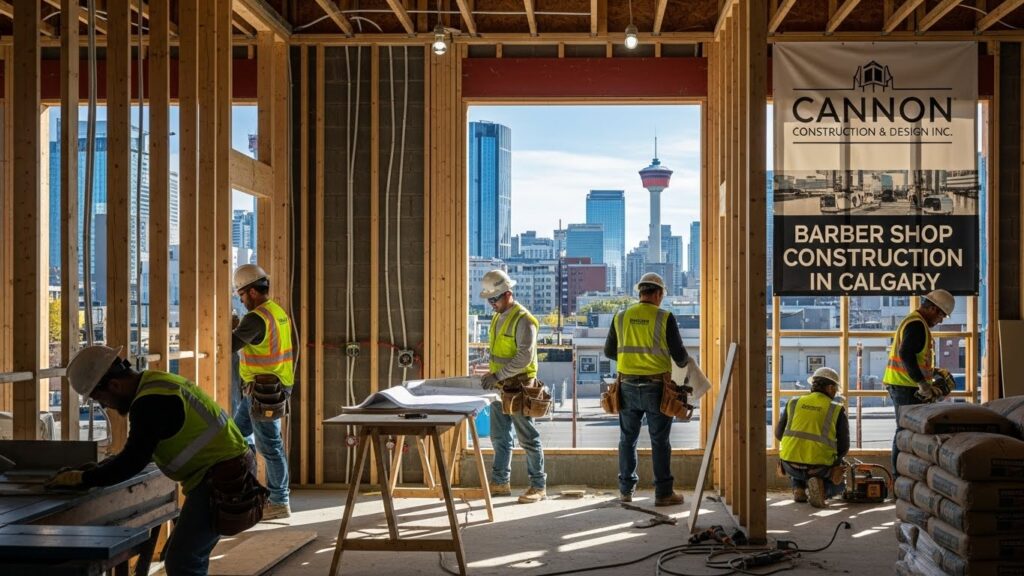What is a Development Permit?
A development permits is an official authorization issued by a local government or municipality that allows construction or land development to proceed. It ensures that projects comply with zoning regulations, land use policies, and environmental guidelines.
Why Do You Need a Development Permit?
Obtaining a development permit is crucial for property owners, builders, and developers to avoid legal issues, ensure safety, and maintain compliance with local planning laws. Without a valid permit, construction activities may face fines, delays, or even demolition orders.
Obtaining Development Permits is crucial for property owners, builders, and developers to avoid legal issues, ensure safety, and maintain compliance with local planning laws. Without a valid permit, construction activities may face fines, delays, or even demolition orders. These permits ensure that projects align with zoning regulations, environmental requirements, and community planning guidelines, preventing disputes and costly corrections in the future.
Applying for Development Permits involves submitting detailed site plans, architectural drawings, and other necessary documentation to the local authorities. Approval depends on meeting specific criteria, such as land use regulations and structural safety codes. By securing Development Permits before starting construction, property owners can proceed with confidence, knowing their projects meet all legal and safety standards.
Additionally, Development Permits streamline the building process by setting clear guidelines and preventing unauthorized modifications. Whether constructing a new home, expanding a commercial property, or modifying an existing structure, obtaining the right Development Permits ensures a smooth and legally compliant development journey.
How to Apply for a Development Permit
Applying for a development permit involves several steps, which may vary depending on location. Below is a general guide:
- Research local zoning laws: Check with your municipality about zoning regulations that apply to your property.
- Prepare Required Documents: Common documents include site plans, architectural drawings, and environmental assessments.
- Submit Application: Fill out the required forms and submit them to the local planning department.
- Review and Approval: Authorities will review the application for compliance with zoning and building codes.
- Permit Issuance: Once approved, you will receive your development permit, allowing construction to begin.
Common Requirements for a Development Permit
When applying for a development permit, be prepared to meet the following requirements:
- Site Plan: Detailed layout of the property, including boundaries and existing structures.
- Zoning Compliance: Verification that the proposed development aligns with zoning laws.
- Environmental Impact Assessment: If required, studies to assess the environmental impact of the project.
- Building Codes and Safety Standards: Adherence to structural and safety regulations.
Benefits of Obtaining a Development Permit
- Legal Protection: Ensures that your project follows local laws, preventing fines or legal disputes.
- Property Value Increase: Properly permitted developments add value and credibility to real estate.
- Smooth Project Execution: Avoids delays and interruptions caused by regulatory violations.
Conclusion
Securing a Calgary basement development is essential for any construction or renovation project. By following local regulations, property owners can ensure smooth project execution and avoid legal troubles. If you’re planning a new development, consult with experts and obtain the necessary approvals to move forward confidently.
FAQs
1. How long does it take to get a development permit?
The timeline varies by municipality but generally takes between 2 to 8 weeks, depending on the complexity of the project.
2. What happens if I build without a development permit?
You may face legal penalties, project shutdowns, or fines for non-compliance. It’s always best to secure proper permits before starting construction.
3. Is a development permit the same as a building permit?
No, a development permit approves land use and zoning, while a building permit ensures that construction follows safety codes.



